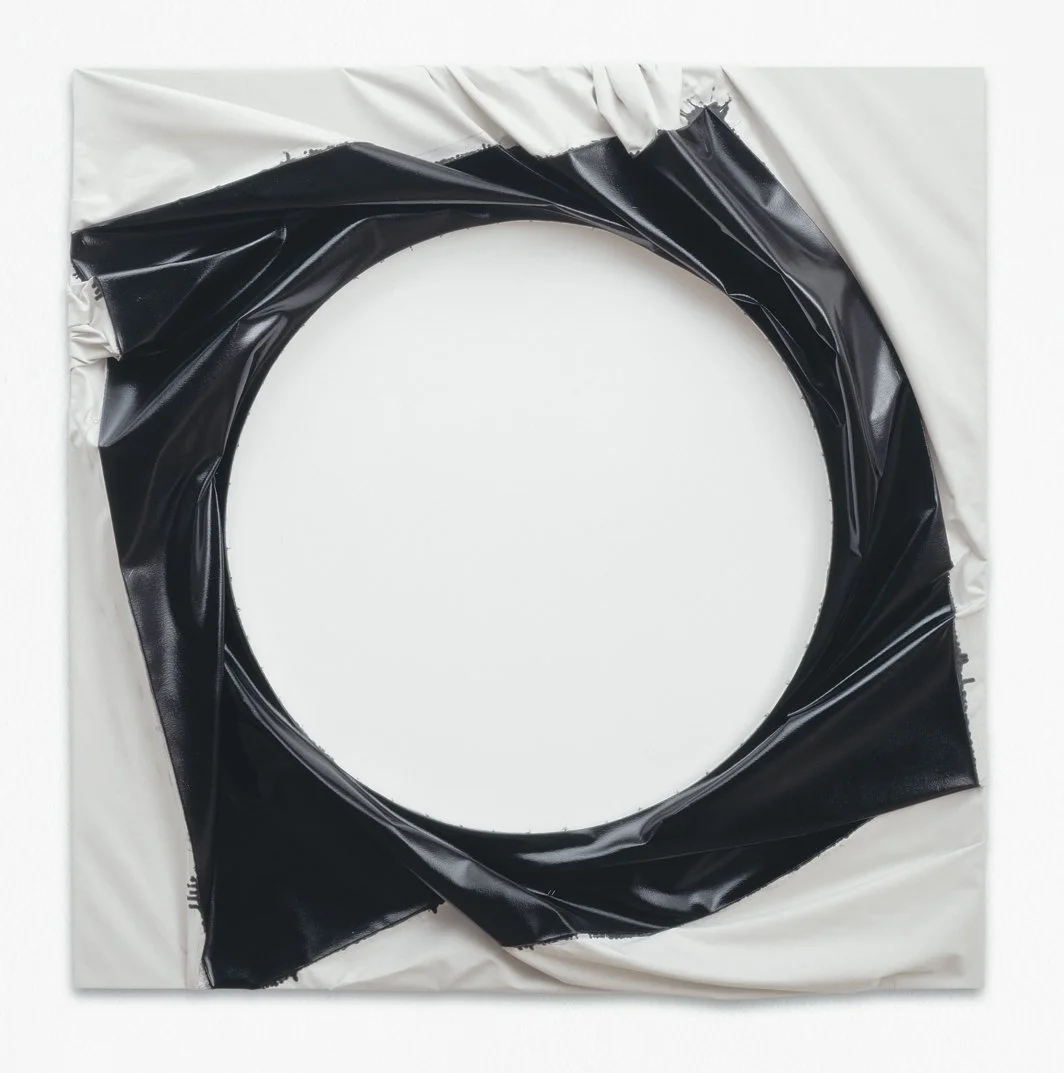Last night I had an epiphany that was a surprisingly long time coming. I'd been going through the previously-mentioned process of tracking demos, and the way I was doing it was sending each instrument straight into the computer, to get a totally dry recording of each that I planned to later mix and layer with effects and so forth. And it sounded, if not awful, just wrong.
My initial reaction was to blame myself. I began to dissect the arrangements, the way I was playing, the samples I was using, the drum mix. Suddenly it occurred to me to listen back to a rehearsal recording I’d taken straight off my live mixer a couple of weeks ago in the studio, to try to reorient myself. And on that recording, the tracks suddenly all made sense.
In contrast to what I was hearing in the computer, the sound coming out of my $250 Yamaha mixer was doing exactly what I wanted it to. Which kind of makes sense, given that I wrote these tracks through that thing. But I’d never really given it the credit it deserved in terms of being an instrument unto itself.
This small revelation opened up a larger insight for me: I realized I’d been battling a subconscious belief that I needed to make my music “better” by “cleaning it up”, “improving”, following best practices laid out by other people, and moving away from the “amateurish” approach that I had started out with. This has haunted me ever since I started trying to make recordings of my first solo project about eight or so years ago (which is its own story for another time).
What I realized last night is that the unique sonic character of all the elements I’ve selected, and the tactile process by which they are created, are as important to the track as the actual notes, patterns, and arrangements. The crude effects processing, compression, and EQs on my mixer, as “unprofessional” as they might be, are actually part of the music. I think I’ve been so resistant to embracing and owning my own approach and spontaneous musical gestures that I’ve been missing the forest for the trees, not to mention creating huge creative blocks for myself.
I could psychoanalyze the reasons behind this for a while (and I probably will in a future post), but it basically comes down to having the confidence to fully own the unique character of my sound, and to nurture that rather than try to polish it to bring it in line with the standards of “good audio” touted by self-appointed Youtube experts. I realized I need to pay more attention to what personally resonates with me –– what creates that mysterious pull –– and less to what I think things are “supposed” to sound like.
For instance, one of my favourite visual artists is Steven Parrino (who also created abstract guitar feedback soundscapes). His paintings often consist of violently twisted, destroyed canvases which badly distort their underlying flat monochrome surfaces, still peeking through the wreckage (sadly, Parrino himself died in a motorcycle crash in Brooklyn in 2005). Would these paintings be “better” if they were more “perfect”?
Steven Parrino, Spin-Out Vortex, 2000 (I do not own this image)
The answer is obviously no. The energy and power of these paintings is in their imperfections, in the boldness of their apparent gesture. I don’t know much about Parrino’s process, but an artist of his caliber would no doubt have spent years developing these techniques. They are exacting in their own way, but they don’t aspire to some ideal of “correct form”; rather, they actively undermine and work against it, dancing with chaos to emerge from the void steeped in their own mysterious aura.
It dawned on me that I need to cross that bridge at this moment –– to walk away from “rules” and formulas, to embrace my own creative ethos, structures, and sensibility. It seems so obvious, but I always stopped short of taking this leap. I’d create in fits and starts, being one person onstage for a moment, and then try to erase it and clean it up later.
Compartmentalizing and denying that I was that performer, that it was me who did those intense things. Attempting to convey its full power, I oscillated between too tame and overly raw, not ready to hold steady and bring that energy forth to its fullest. I made many excuses and found many distractions to avoid confronting this.
I’ve gotten better at recognizing my own bullshit now. And yes, perhaps all that time did make me a more skilful artist. But lately, time feels of the essence. It’s not so much about the past, of years put in, as it is about making the most of the moment, of doing it now. No more waiting, hesitating, or excuses.
I’m experiencing the creative process in real time, and what that looks like is becoming more like myself. Previously, I thought it would be like becoming somebody else: one of the artists I admired, or someone who was better at this or that. Someone less flawed.
I could ruminate on this for even longer than I already have, but I think you get the point.
Til next time,
XX RV
